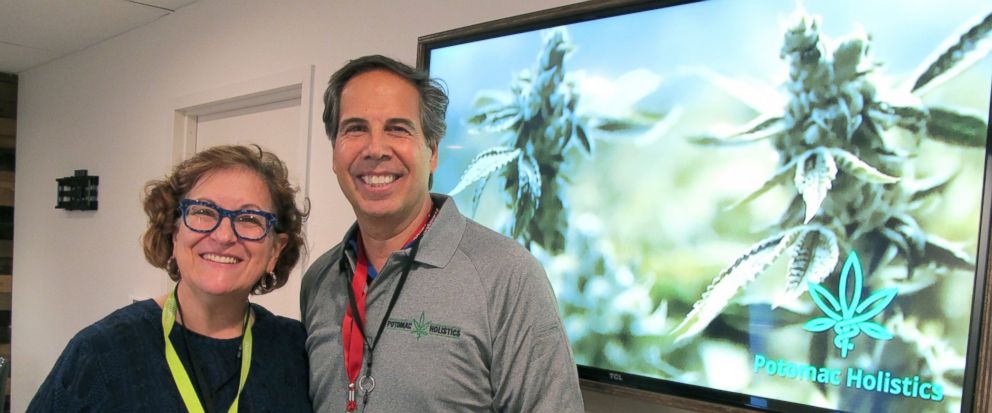Chronic pain and post-traumatic stress disorder (PTSD) are two of the more common conditions US war veterans hope to gain relief from by using medical marijuana, but it might be in vain.
Two recently published reviews have taken a broad look at the research on the therapeutic benefits of cannabis regarding these disorders, and found there just isn’t enough evidence supporting claims they do more good than harm.
The systematic reviews were funded by the US Department of Veterans Affairs and led by researchers from the Veteran Affairs Portland Health Care System in Oregon, reflecting the increasing numbers of returned services personnel turning to medical marijuana as a way to deal with physical and mental discomfort.
A total of 29 US states, as well as the territories of Guam, Puerto Rico, and the District of Columbia, are now legislated to provide public medical marijuana and cannabis programs to help patients find relief from the symptoms produced by a wide variety of health conditions.
These include the side effects of cancer and HIV treatments, Crohn’s disease, and the muscle spasms in multiple sclerosis, especially where other treatments have been unsuccessful.
While the fight for legalising the therapeutic use of marijuana has been a long one, science is still catching up with determining the extent to which cannabis eases the pain, nausea, discomfort, and anxiety produced by various conditions.
A significant part of the problem is potentially therapeutic substances such as cannabis, psilocybin, and LSD have been strongly associated with abuse and illicit activities, giving rise to federal regulations that make it hard for scientists to conduct solid medical research.
That means there are occasional studies getting our hopes up, often relying on self-reporting, but robust evidence is still thin on the ground.
In this case, the researchers examined 27 studies covering the use of plant-based medical marijuana to manage pain, and three observational studies plus two other systematic reviews on PTSD.
For the most part, it seems as if there just isn’t enough evidence to claim medical marijuana helps either condition. There was a faint glimmer of hope for those suffering neuropathy, or nerve pain, but even that evidence was considered to be rather weak.
Conversely, the studies they reviewed found some evidence that cannabis use among the general population put users at a slightly higher risk of suffering mental impairment and being involved in a traffic accident.
“We found low- to moderate-strength evidence that cannabis use is associated with an increased risk for psychotic symptoms, psychosis, mania, and – in active users –a short-term cognitive dysfunction,” the researchers claimed.
This isn’t entirely bad news for those hoping medical marijuana could be the answer to treating trauma. Especially where PTSD was concerned, existing research just wasn’t up to the task of concluding much of anything.
The researchers found no randomised trials they could include in their PTSD review, and of the studies they did focus on, they found flaws in their methodology or unconvincing sample sizes.
“Evidence is insufficient to draw conclusions about the benefits and harms of plant-based cannabis preparations in patients with PTSD, but several ongoing studies may soon provide important results,” the team concluded.
One such study is being conducted by the Multidisciplinary Association for Psychedelic Studies, which is pulling together a randomised, triple blind, placebo-controlled evaluation of smoked marijuana in 76 veterans with PTSD.
This research takes time.
Meanwhile, between 45 and 80 percent of people seeking cannabis as a form of treatment list pain as a reason, and more than a third list PTSD as their primary motivation. Both are encouraged by state lists of approved conditions that include the two ailments.
This certainly won’t be the last word on the efficacy of medical marijuana when it comes to pain or trauma management.
But for now, the jury is still out on just how useful cannabis is for at least two conditions we all desperately wanted it to help.
credit:sciencealert.com













